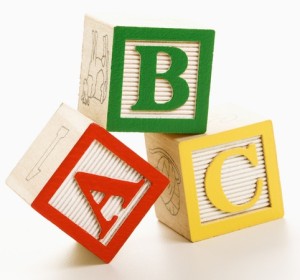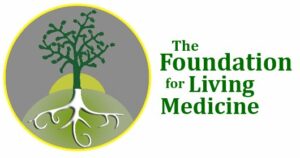For eons and in many different cultures, Seniors have always been revered, respected and recognized as being the wise ones… the experienced ones that guided the community. And, we have learned from one of our recent Foundation blog posts (Senior Moments: The Wise Old Brain) that this level of respect is well-deserved. That is because we increase our levels of “crystallized intelligence,” as we age. Again, according to Wikipedia, crystallized intelligence is the ability to use stored knowledge, skills, and experience. It is about being able to use our skills, based on utilizing the knowledge and experience that is stored in our long term memory.

In other words, as Seniors and Boomer Seniors, we may forget some as we age, but we make up for it by our abilities to utilize our skills and experience based on our larger bases of stored knowledge.
Spotlight on the Hippocampus
Located in the middle part of the brain, the Hippocampus is the part of the brain that deals with forming new memories. It interprets incoming sensory inputs and turns them into memories. It connects emotions and senses, such as sight and smell, with the memories. Not only does it play a role in the formation of the new memories, but it also consolidates information from short to long term memory.
The Hippocampus is constantly sifting through the sensory data that we receive and decides what gets stored into long term memory and what does not. Interestingly, information that has emotional connection, or information that relates to something that we already know, tends to be preferred. Just think about how easily the words from emotional songs that we memorized in our childhood and young adulthood tend to come back, the moment we hear the tune. At just the striking of one or two chords from a popular 50s or 60s song, many of us can instantly recall that song.
Without the hippocampus, we would not be able to form new memories. We would be stuck in the past. This is what happens with Alzheimer’s and other forms of dementia because the hippocampus is one of the first parts of the brain that is affected by these diseases. However, it also is affected by normal levels of aging. But, we’ve learned that the brain continues to develop and grow, even when we age. That is why it is important for us to pay as much attention to our brain health as to the rest of our bodies.
Neurobics
When we are in our daily routines and follow the same habits every day, the brain can tend to chill out as it becomes less active. But neuroscience is now proving that we can continue to help our brains by mental exercises. A new system called “Neurobics” was developed by Dr. Lawrence C. Katz and Manning Rubin in their book, Keep Your Brain Alive. They suggest that we make novel changes to our daily routines, such as brushing our teeth or brushing our hair with the less dominant hand.
Dr. Katz also recommends utilizing as many of our senses as possible because, as stated in the Hippocampus section, the brain constantly sifts through sensory data. Therefore, think about your different senses and come up with ways in which you can use them that are different and novel. Try some of these ideas:
- Listening to television with your eyes closed
- Watching television with the volume turned down
- Eat a meal in silence
- Eat a meal in a different area of your home
- Jump out of bed and dance in the room
- Move different parts of your body and FEEL the movement from inside
- Throw up and catch a tennis ball with your less dominant hand
- Throw up and catch a tennis ball with the less dominant hand while walking slowly in a familiar place
- Not only that, aerobic exercises, such as a 30-minute walk, will also help to exercise and grow the brain.
What novel brain exercises do you do? Please share with us.
